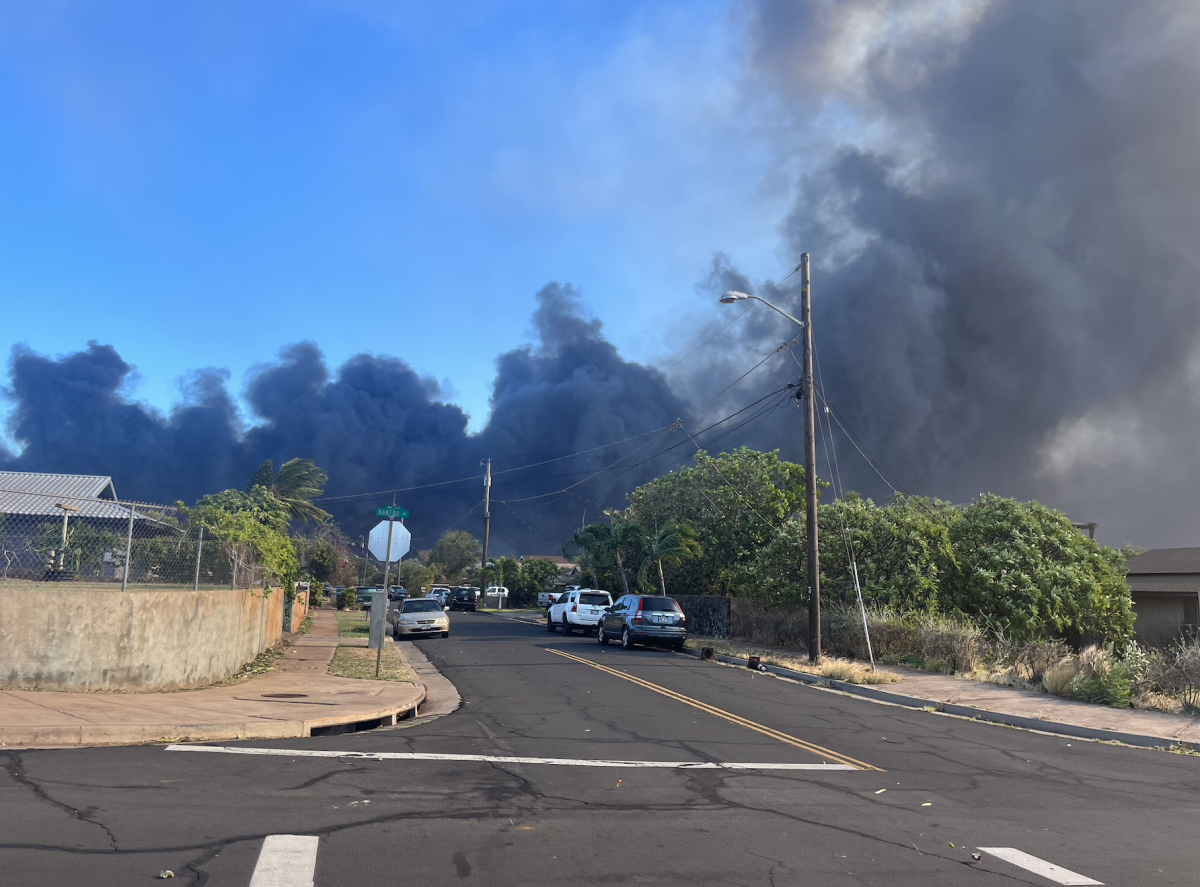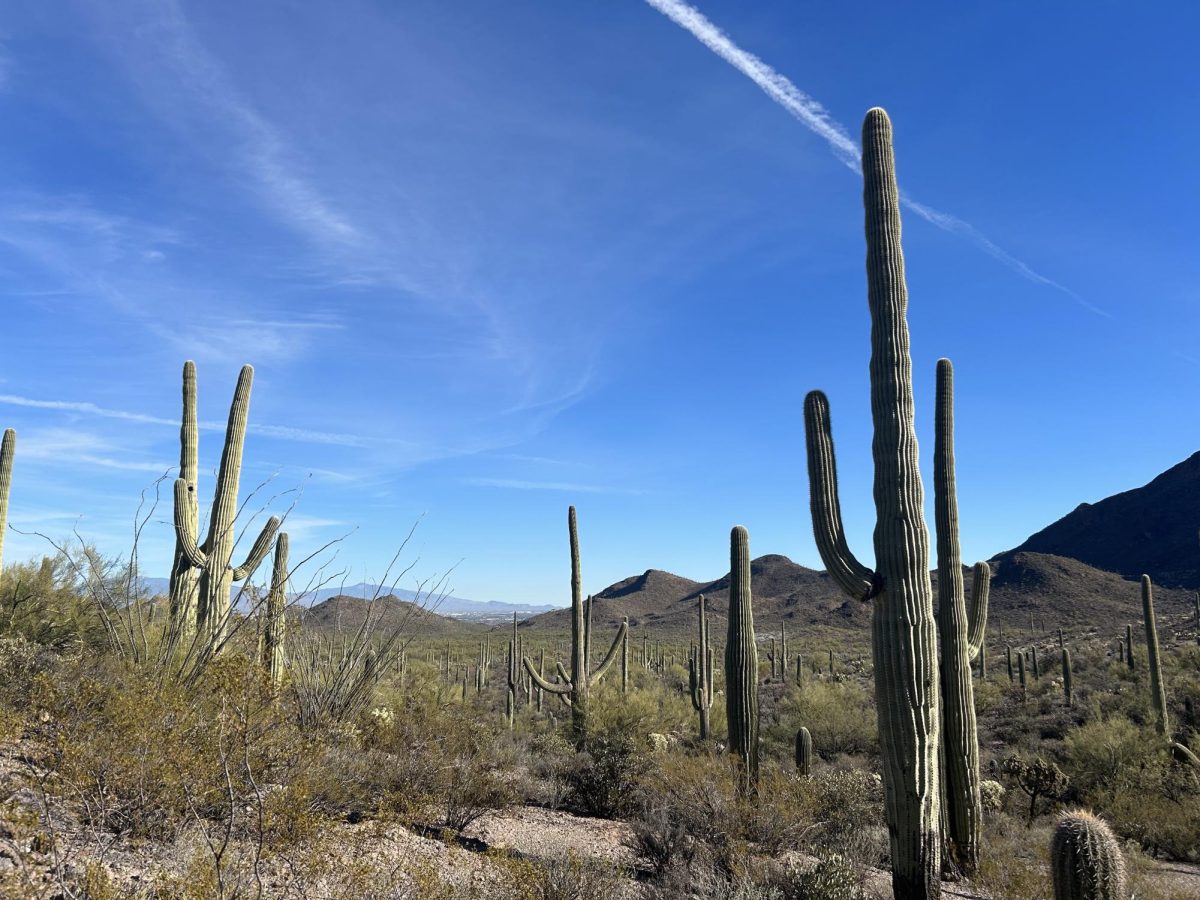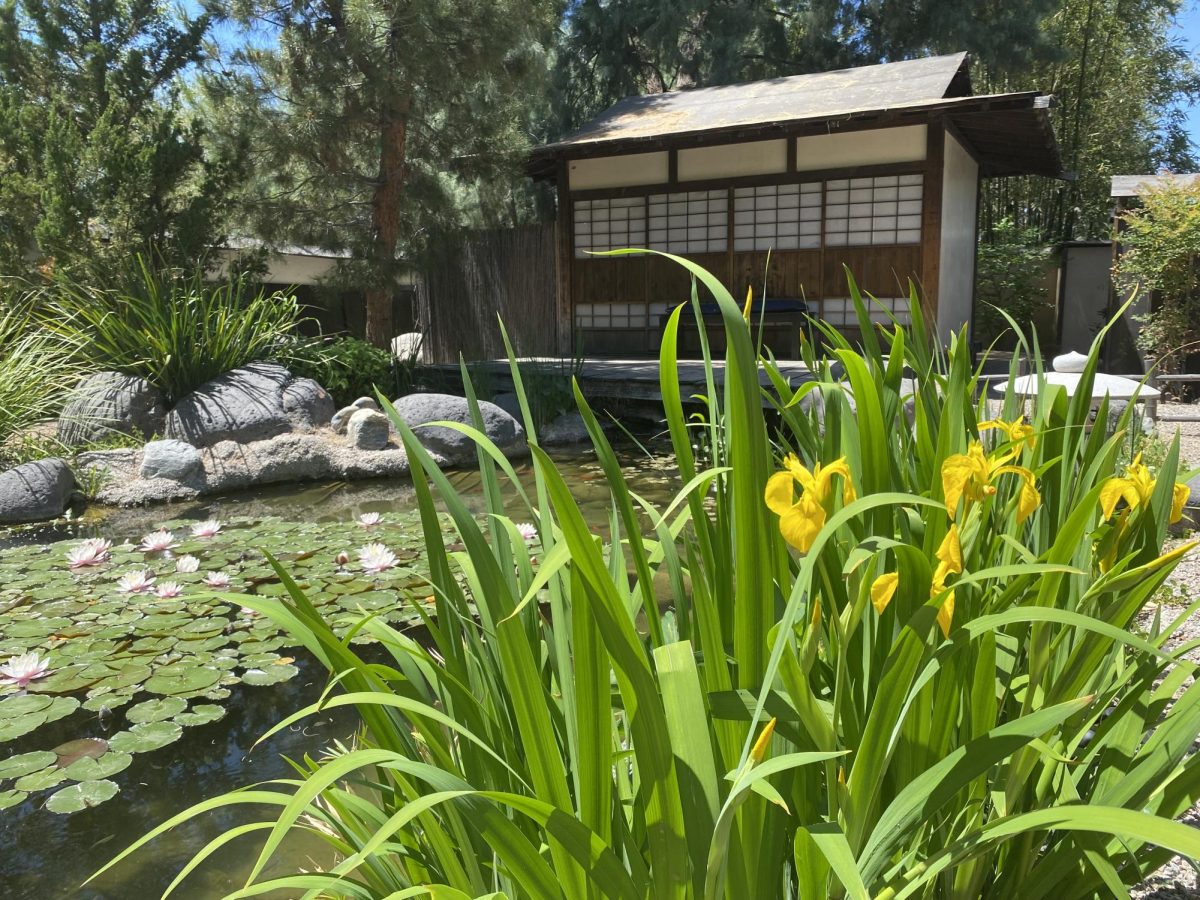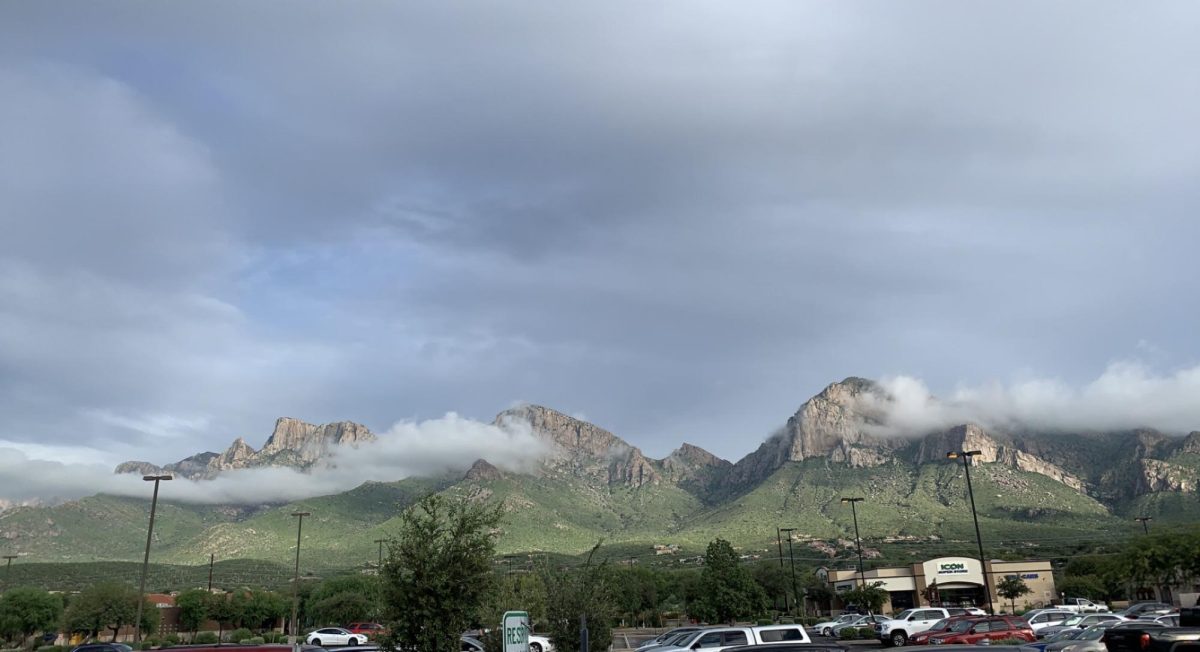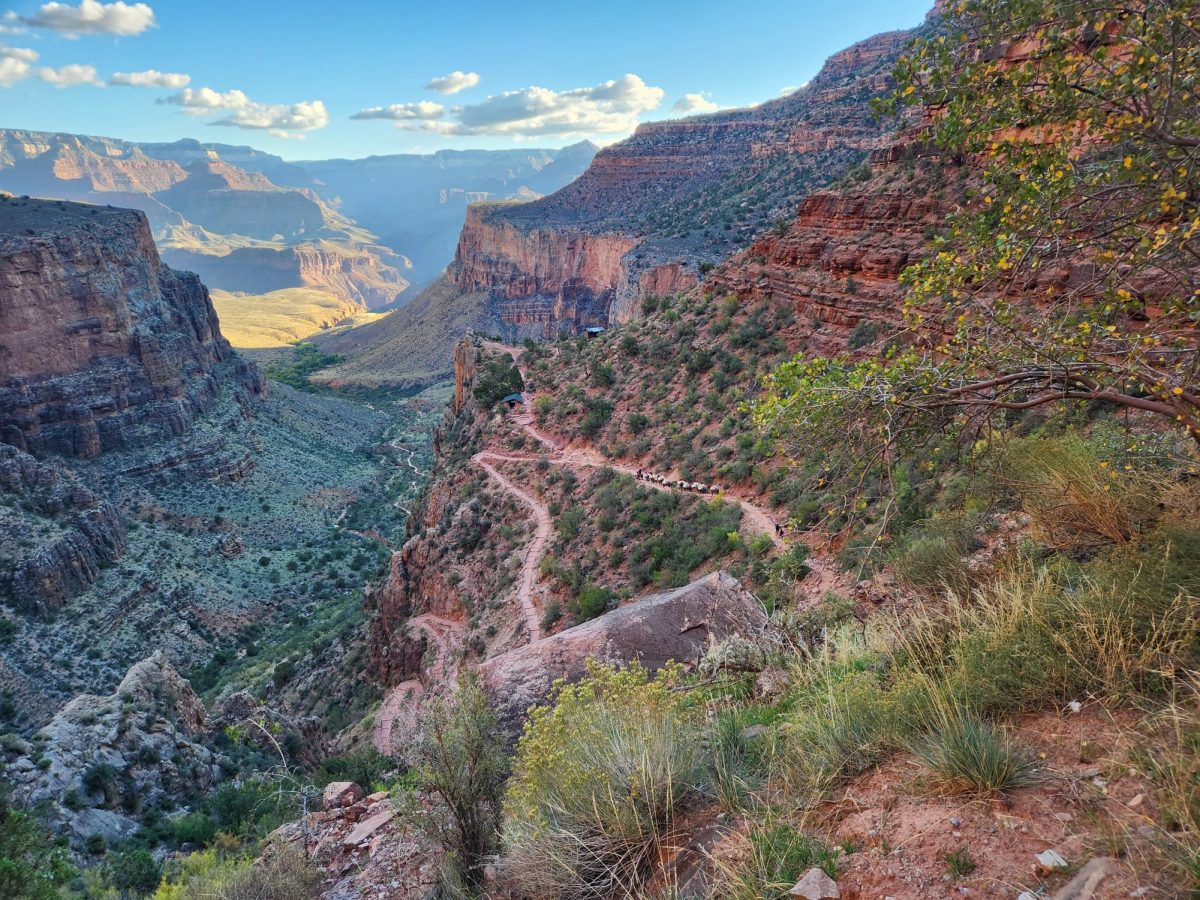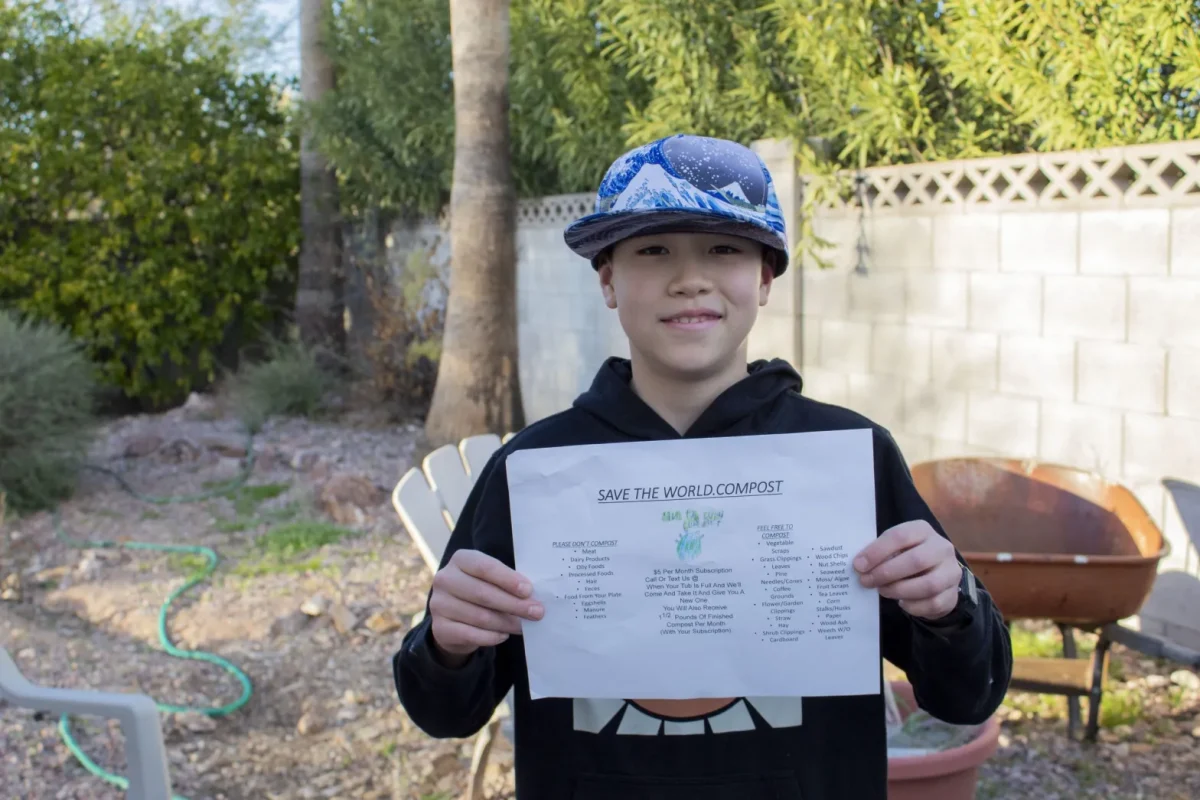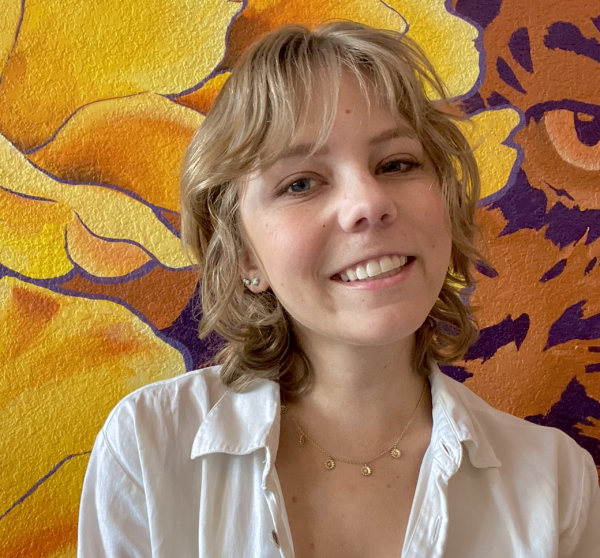After the devastating 2023 wildfires on Maui, Louisa Williams and her fiance Aaron Walton became climate refugees.
Now, they’re starting over in Tucson, and they are not alone
The International Organization for Migration estimates there could be over 1 billion climate refugees globally by 2050, and Southern Arizona is a frontline community for that migration, said Megan Carney, associate professor in the University of Arizona School of Anthropology.
“Arizona is a microcosm of what we’re seeing across borders on a global scale,” Carney said.
Carney’s work in the U.S. examines the ways experiences with food insecurity have underpinned migrants’ decisions to leave their communities and countries of origin. Through her research, Carney has found that disruptive environmental events including hurricanes and wildfires are increasing in intensity and frequency around the world, heightening people’s vulnerability in the global south, and intensifying migration patterns to the global north.
“The conditions that are exacerbating food insecurity in places like Central America and Mexico, have very much to do with ongoing conditions of drought and intense storms,” Carney said.
Williams and Walton moved to Maui in 2022 while Williams followed her career as a speech pathologist. They had only been there for 13 months when the Hawaii wildfires turned their lives upside down.
That August day when the fires broke out, Williams and Walton awoke without power.
“What I remember the most is it was just so windy, just insane levels of wind,” Williams said.
Despite the wind, she and her fiance left their home to get food from the grocery store. They were at the check out when they smelled the smoke.
“We go outside and we could see where the fire had started up,” she said.
The drive back to their rental home was treacherous.
“A lot of the roads were closed because so many power lines were down,” Williams said. “Where we were, there was basically only one way in and one way out, and that was Front Street, which was the main area of destruction.”
Williams said they were stranded in traffic on Front Street for nearly an hour and a half while the fire drew nearer.
“The smoke just overtook the whole world,” Williams said. “I remember looking at Aaron and telling him we’re either gonna die in this car or we’re gonna die in the ocean.”
They were eventually able to make it back unscathed and began packing up their essential belongings to evacuate.
“We just packed a little overnight bag and drove up to my friend’s house farther northwest and stayed there for a night. I had no idea what was going on,” Williams said. “But I remember when the sun went down, you could see the whole sky was lit up with fire.”
Within hours, the fire burned thousands of acres and destroyed thousands of homes and businesses in Maui’s historic town of Lahaina.
“We lost our home and all of our possessions besides what we had in the small bag that we each packed,” Williams said.
For Williams the days after the fire were a blur.

“There was no cell service on the west side and there wasn’t for weeks after the fire,” she said. “We were going out to this one beach and I was able to connect with my best friend and I’m like, ‘Can you tell me what’s on the news? Can you tell me what’s happening?’”
For days the fires continued to rage across the island, and Williams knew they needed to leave.
“By the time I made that decision, we were on a red eye flight the next day,” Williams said. “We really had no idea what the long term looked like for us.”
Just a couple months later, Louisa and her fiance found themselves in Tucson.
The complex tapestry of climate migration has many multifaceted causes, including both sudden-onset events like the natural disaster that brought Williams and Walton to Tucson, and slow-acting changes like drought, rising sea levels and financial stress.
“I grew up in California,” Carney said. “There’s been a mass exodus of people leaving because of how unaffordable the state has become, and much of that is because of the threat of things like wildfires that are driving up the cost of insurance.”
But like many climate migrants, Williams and Walton have found a glaring lack of resources to help their situation, a troubling reality that Carney has identified through her research.
“Thankfully, I had that sense of community here already,” Williams said. “Because otherwise, I think I would have felt really lost.”
Williams had lived in Tucson while obtaining her master’s in speech pathology from the University of Arizona, and the decision to return to the city was largely influenced by the support system and community she had cultivated.
More than six months after the fires, according to NPR, thousands of Maui residents are still displaced. Williams said that many of the people she is still in contact with on Maui have struggled financially since the fires, trying to rebuild their lives with little support.
“It’s very expensive to live on Maui,” Williams said. “I worked at a restaurant to supplement my income and probably 75% of us lost our homes and then all of us lost our jobs.”
“I think so many people are still in such limbo,” she said. “Like they have a place for now but it’s five grand a month or three grand a month, It’s crazy.”

In the aftermath of the fires, most financial help came from grants, but Williams said the resources for recovery felt unreachable.
“We were told pretty much from the get go that since we had renters insurance, we wouldn’t qualify for anything,” she said. “Through Maui United Way there was a $1,000 payout, but we got nothing. We never even got the $700 that Biden said he was gonna give.”
The relief for Williams and her fiance came from the People’s Fund of Maui which was established by Oprah Winfrey and Dwayne Johnson. Williams said they each received six payments of $1,200 each, which kept them afloat for the first six months while relocating and searching for jobs.
“We didn’t qualify for unemployment or anything because we left the island. You had to still be on the island to qualify for unemployment,” Williams said.
Williams also acknowledges that her circumstances differ greatly from many of the other displaced residents of Lahaina.
“There are people who have lived on Maui for generations. It’s their home, and it’s the only home they have access to,” Williams said. “Life on the mainland is very different from life on the island, and a lot of people don’t necessarily know how to navigate that.”
Williams said the experience has fundamentally changed her perspective on the world. Not just on climate change, but on infrastructure and policy.
“Whatever resources people say are available are not always available, and I think that is true in so many aspects,” Williams said. “I’ve been thinking a lot about immigration lately. People think there are so many resources for people who emigrate here, and no, fuck that, that’s not true at all.”
Carney also sees the need to examine how both internal and international climate migrants are treated within the U.S., and the resources that are available to them.
“Governments are leaving them behind,” Carney said. “It’s not only policy that directly affects migrants that needs to change or be reconsidered, but we need a more comprehensive approach to climate justice more broadly.“
Arizona Sonoran News is a news service of the University of Arizona School of Journalism.



